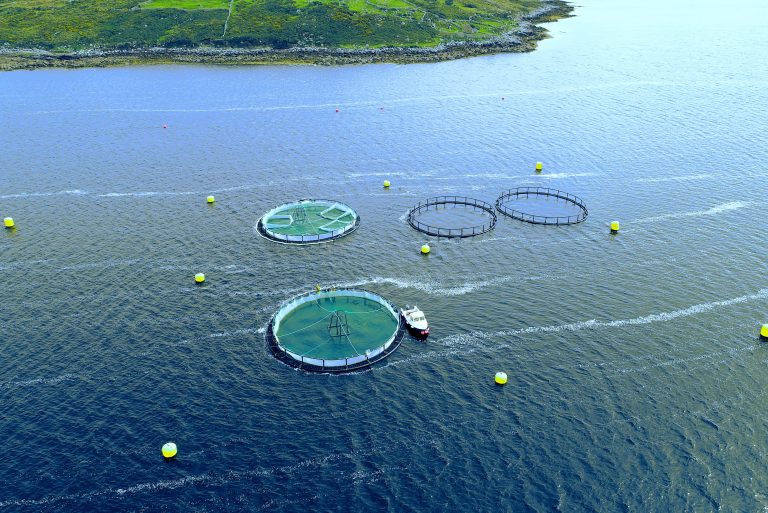In a recent post on Open Access Government, Coordinator of the Intelligent Management Systems for Integrated Multi-Trophic Aquaculture (IMPAQT) project Frank Kane discusses the path to revolutionising aquaculture and increasing the industry’s sustainability.
With research and innovation at its core, the H2020 IMPAQT project brings together 21 multi-disciplinary partners, coordinated by the Marine Institute in Ireland, to develop and validate an intelligent management platform for sustainable integrated multi-trophic aquaculture (IMTA) production. IMTA is a fresh concept in aquaculture where multiple species, from different levels on the food chain, are farmed on the same site, or within the vicinity of each other.
The wastes produced by the fish or fed species can be utilised as a feed or fertiliser for other species such as shellfish and seaweeds, thus lowering the nutrient load in the water and allowing a more circular and sustainable approach to farming. As yet, IMTA is not widely adapted at a commercial level in Europe and understanding the validity of this approach, the interaction of the trophic levels and, the management of IMTA systems is at the heart of IMPAQT.
The article also discusses:
- Novel Technologies for Precision Aquaculture
- IMTA Model
- IMTA Evaluation
To read the complete article, please click below:
For more information about Aquaculture and IMPAQT, please register below:
